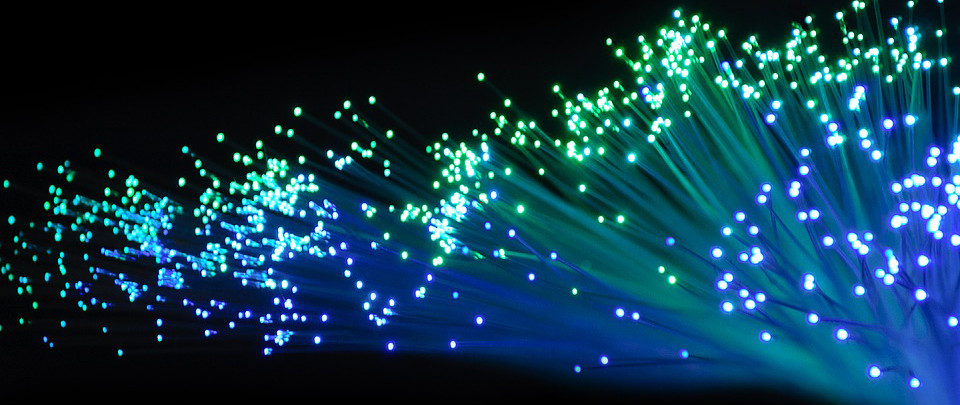PMMA
PROPERTIES OF PMMA
PMMA has the following properties:
- hard and rigid
- transparent (very clear to see through)
- softening point at 125°C
- tougher than polystyrene but less tough than ABS (acrylobutylstyrene) polymer
- absorbs very little visible light but there is a 4% reflection at each polymer-air interface for normal incident light
- PMMA is a polar material and has a rather high dielectric constant and power factor - a good electrical insulator at low frequencies but less satisfactory at higher frequencies good water resistance
- PMMA prepared by free radical polymerization is amorphous and is therefore soluble in solvents with similar solubility parameters such as benzene, toluene, chloroform, methylene chloride, esters, ethyl acetate, and amyl acetate. PMMA has good resistance to alkalis (sodium hydroxide, etc.), aqueous inorganic salts (the Pacific Ocean) and dilute acids.
- PMMA has a better resistance to hydrolysis than PMA probably by virtue of the shielding of the methyl group.
- PMMA 's outstanding good outdoor weather resistance is remarkably superior to other thermoplastics.
- When heated about 200°C, decomposition becomes appreciable and at 350- 450°C, a nearly quantitative yield of monomer is readily obtained. Thus, the recovery of monomer from scrap is feasible.
- Because it's a thermoplastic, it can be molten and molded (at 100-150°C) into anything we want.

